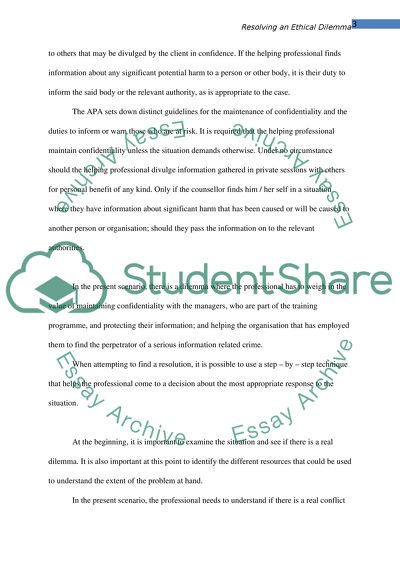Cite this document
(“Ethical principles of psychologists Research Paper”, n.d.)
Retrieved from https://studentshare.org/psychology/1427032-confidentiality-ethical-issues-in-helping
Retrieved from https://studentshare.org/psychology/1427032-confidentiality-ethical-issues-in-helping
(Ethical Principles of Psychologists Research Paper)
https://studentshare.org/psychology/1427032-confidentiality-ethical-issues-in-helping.
https://studentshare.org/psychology/1427032-confidentiality-ethical-issues-in-helping.
“Ethical Principles of Psychologists Research Paper”, n.d. https://studentshare.org/psychology/1427032-confidentiality-ethical-issues-in-helping.


